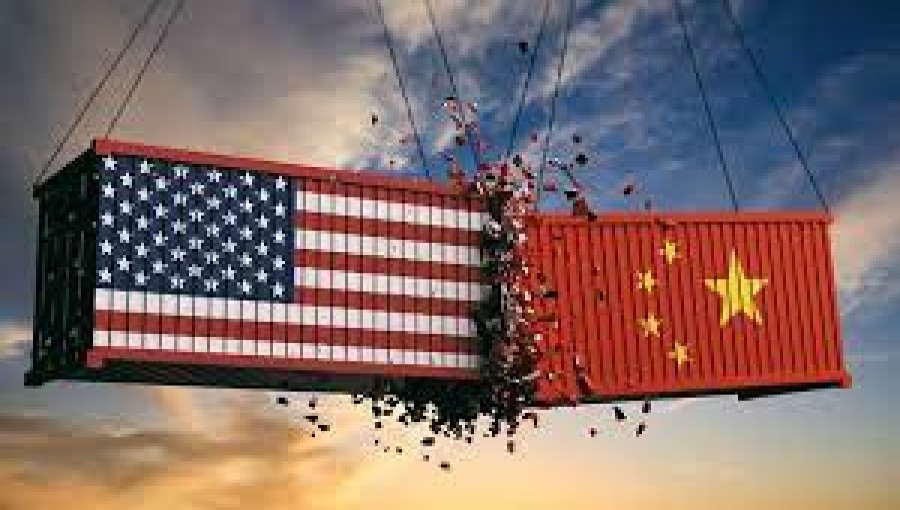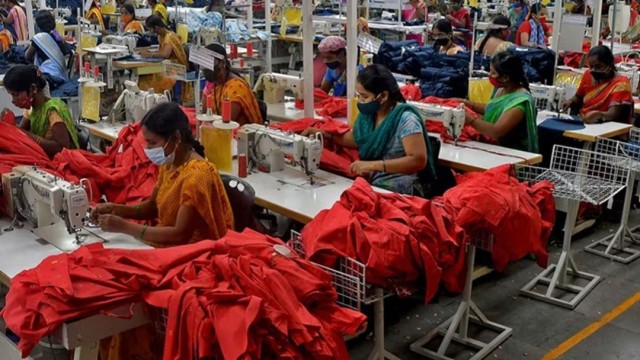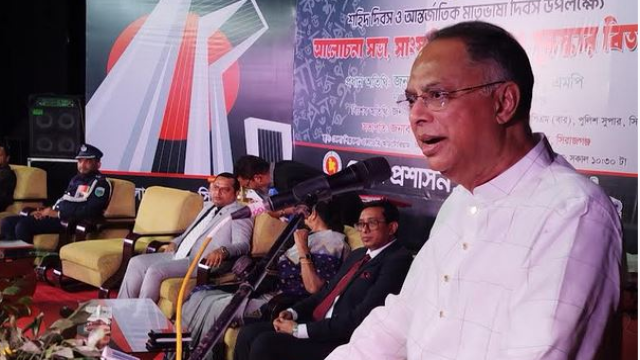January 17, 2025 (V7N) — The U.S. Trade Representative (USTR) announced Thursday that its investigation into China’s shipbuilding, maritime, and logistics industries revealed Beijing’s aggressive market strategies have severely undermined global fair competition, warranting swift U.S. action.
The probe, launched last year following a petition by five major labor unions, concluded that China’s dominance in these sectors poses significant risks to economic security and hinders the revival of American manufacturing industries.
"Beijing's targeted dominance of these sectors undermines fair, market-oriented competition, increases economic security risks, and is the greatest barrier to revitalization of U.S. industries," USTR Katherine Tai stated.
The findings, issued under Section 301 of the Trade Act, pave the way for decisive measures to bolster domestic production and reinforce supply chain resilience.
China Rejects U.S. Allegations
In response, China’s commerce ministry condemned the probe, expressing "strong dissatisfaction and firm opposition" to the investigation’s outcome.
"The conclusions are full of false accusations against China," the ministry said Friday, arguing that the historical decline of the U.S. shipbuilding industry is unrelated to China’s growth.
China insisted its shipping market remains open and non-discriminatory, stating, "China's industrial policy is mainly guiding rather than mandatory and treats Chinese and foreign companies equally."
Beijing further criticized the U.S. investigation as being politically motivated, aimed at stifling China’s development.
Disparity in Shipbuilding Output
The USTR report highlighted the stark contrast in shipbuilding capabilities: the U.S. produces fewer than five ships annually, a steep fall from its output in the 1970s, whereas China manufactures over 1,700 ships each year.
The investigation concluded that China’s state-backed dominance is "unreasonable" and systematically pushes foreign competitors out of the market, creating dependency on Chinese production.
"Beijing exercises extraordinary control over its economic actors and these sectors," the USTR noted, emphasizing how state policies give Chinese firms a disproportionate advantage.
Next Steps and Industry Response
The USTR is now deliberating on appropriate countermeasures, which could include tariffs or other trade restrictions.
Scott Paul, president of the Alliance for American Manufacturing, welcomed the probe’s findings.
"Failing to take decisive action will leave our shipbuilding capabilities at the mercy of Beijing's persistent predatory market distortions," Paul warned.
The investigation echoes past U.S. strategies under President-elect Donald Trump, who notably used Section 301 probes to justify tariffs on Chinese imports during his first term.
As the U.S. weighs its response, the outcome of this investigation could further escalate trade tensions between the world’s two largest economies.
END/BUS/RH/































Comment: